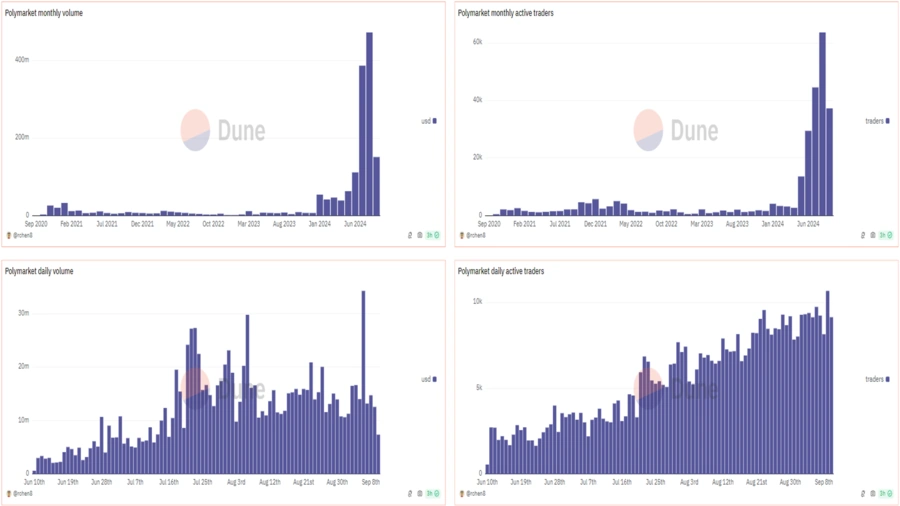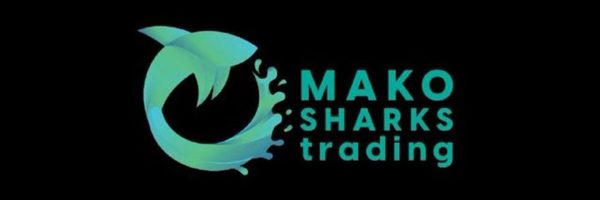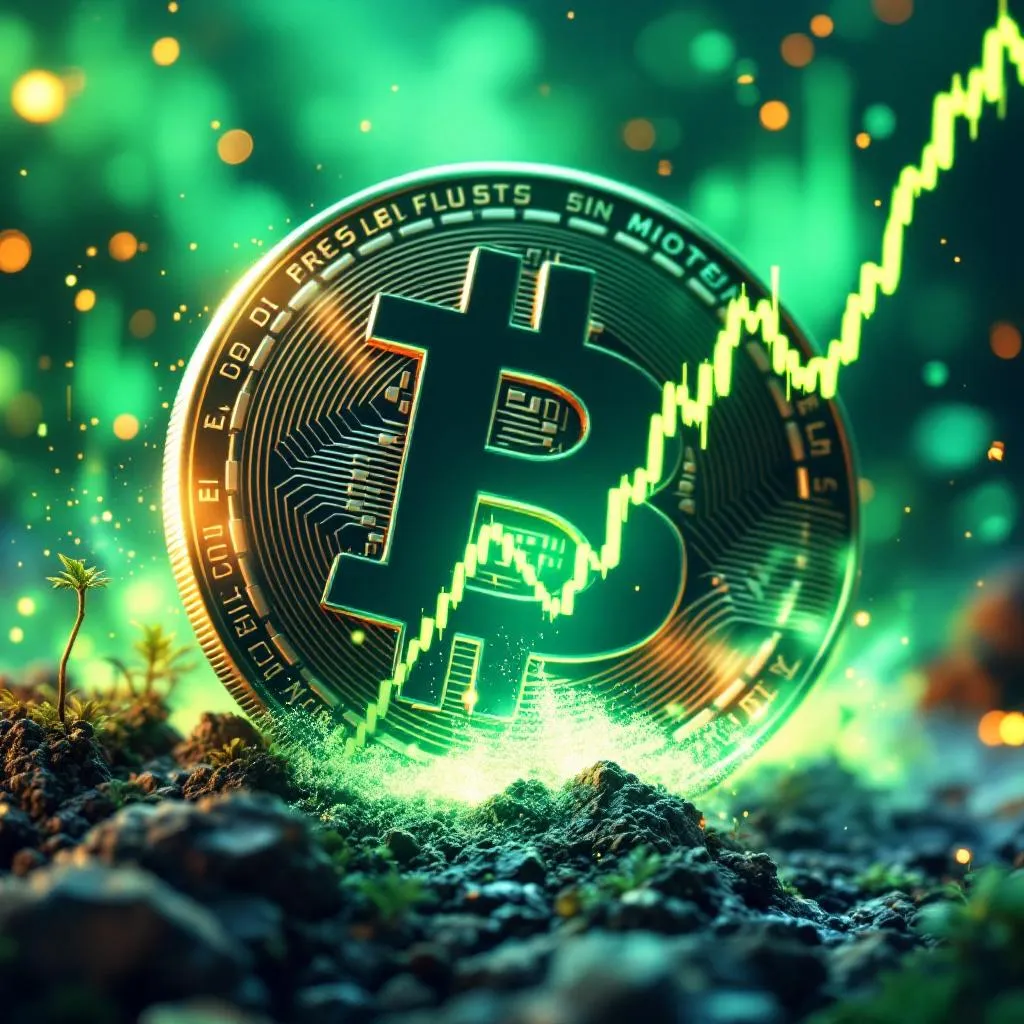Polymarket Indicates Low Chances of Crypto Mention in Trump-Harris Debate
“Yes” shares for “crypto/Bitcoin” were trading at 17 cents on Tuesday at midday in New York on Polymarket's “What will Trump say at the debate?” contract. This indicates traders anticipate a 17% chance he will mention one or both terms. If the forecast proves accurate, each share pays out $1 in bitcoin; if it proves incorrect, nothing is paid out.
Issues that the former president and Republican contender is most likely to mention, such as “abortion” (the highest probability, at 83%) and Trumpian slurs like “Comrade Kamala” (40%).
Vice President Harris, at 13%, has an even lower probability of bringing up Bitcoin or cryptocurrency. The Democratic candidate's top topic for discussion is once again “abortion” (87% probability), which is followed by calling her opponent a “convicted felon” (58%).
Predicting Outcomes with Polymarket
Traders can wager on anything from wars and virus outbreaks to Rotten Tomatoes rankings on prediction markets. While some argue that prediction markets are just another kind of gambling, supporters maintain that they provide more accurate forecasts than polls and commentators. According to the reasoning, traders who make forecasts are motivated to properly examine things and communicate their honest views rather than what other people want to hear because they are risking their money.
Election betting has seen a significant increase this year, with Polymarket leading much of the activity, even after a regulatory ruling forced it to block U.S. users (though some traders may still be accessing the platform through VPNs). Last Friday marked a record-breaking day for Polymarket, with $34 million in trading volume, as reported by Dune Analytics.

Meanwhile, on Manifold, a “play money” prediction platform, the odds of “bitcoin” being mentioned in Tuesday's debate are low, at just 12%. This ranks slightly above “unburdened” at 8% and “coconut” at 6%. Manifold users bet using mana, a non-crypto digital currency that cannot be cashed out. Instead, participants use it to build a reputation for accurate forecasting.






